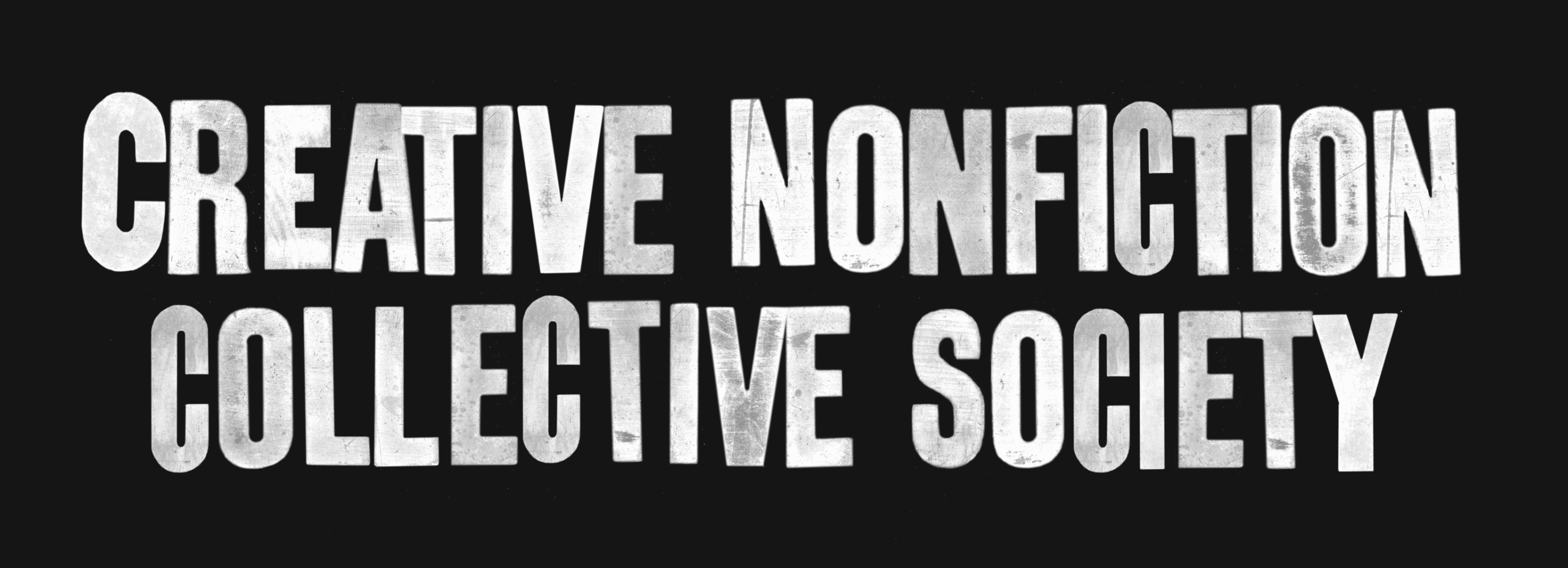Kirsten Fogg is a bilingual Australian-Canadian journalist, editor and award-winning essayist who has been shaped by living in four countries and by the suicide of her 16-year-old brother. Her essays have been published in journals including Creative Nonfiction and The Malahat Review and adapted by ABC Radio National Australia. Her journalism has appeared in various world media. She has an MFA in Creative Nonfiction (2022). Sign up to her newsletter here: Writer out of Residence and connect with her on Insta: @writer.out.of.residence
Listen to ABC Radio National’s production of Nana Technology.
__
Content warning: suicide
On February 2, I received my first rejection of 2024. A decade ago, I would have sloshed back a couple of glasses of sauvignon blanc, berated myself and given up writing. Not now. When I saw that one-sentence rebuff, I set up a new writing rule: every time my writing is knocked back, I must send something else out that week. And it all began with winning the 2015 CNFC contest.
I hadn’t heard of CNFC until 2014. Living in Brisbane, my best Australian writing friend told me to send Nana Technology to this Canadian contest she knew about. “Go on! It’d be a great fit,” she urged as we carried our café lunch trays outside, feeling as soggy as the subtropical air around us. The piece had been rejected six times—after two years of writing, editing and tears. By then, I’d rewritten it close to 100 times. So, I revised it again and flipped it overseas.
Much to my scrape-me-off-the-ceiling surprise, I won. Shiny with success, I expected my writing life to take off. Fame and acceptances! (Ok, maybe not fame but hopefully fewer rejections). Unfortunately, nothing changed on the outside. The shift was internal. My articles had been published in global media and I still didn’t have enough self-belief to keep a cicada alive. Move alone to a new country? Sure! Mountaineering in the Himalayas? No worries! Does my story matter? Yeah No, as we Aussies say.
But that CNFC win? It sparked a little north star of hope. And over the years of trying and failing amid the self-flagellation in my head, this hope grew. The more craft courses I took, the more I read, the more my community of writers grew, the more that little star ballooned until it shoved that screaming voice in my head into a tiny corner.
By society’s standards, I’m not (yet) a writing success. In my own head, I’m getting there, sustained by self-belief, big dreams and determination. Here are my takeaways from many rejections and one win:
- Use your good stuff now because times change. “Nana Technology” was unique because it used the scaffolding of attending a funeral in Winnipeg via Skype from my home in Brisbane. Now everyone does it. Find something unusual that you can peg your character growth on and don’t hold back.
- Words are subjective so don’t take it personally. What resonates with one person, falls flat with another. Pick your publications judiciously and study them. Set up a submissions list so every time a piece is rejected you can rewrite it and fire it back out. Define success in a way that drives you, rather than depending on winning or publication.
- Look after yourself. During a book signing, Margaret Atwood’s advice was “look after your back.” I’ll add, look after your entire being. At a retreat, when one of the organizers asked how we fuelled our writing, she received the usual answers (walks, reading, meditation), until I piped up with “veggies.” I got a lot of strange looks but our brains use 20% of our energy so we need to feed them well. This will also boost your mental health, and please, before you dig into the past, find ways to protect and support yourself.
- Trust yourself and trust your writing. When I started working on “Nana Technology” it was going to be a funny piece but my younger brother kept popping up. I’d push him away and the next day he’d slip back in. Ireally didn’t want to revisit the impact of his suicide but when I ignored him, I was flinching, backing away from the hard stuff and every reader would know it. Once I added my brother, it felt like I had slotted in a missing piece and it solidified my vision for the essay. Trust your gut and trust the piece. Don’t incorporate anyone’s advice unless it resonates with the inner picture of what your essay wants to be. How do you find missing pieces? Make like a wombat: explore and forage, faff around, burrow and dig deep and do not judge your new warren of words.
- Thank yourself every time you write. For decades I kept myself small and didn’t allow myself to dream. When you stay up until 2am to write, when you send out your words, when your writing is rejected, or long-listed, or you hear nothing but silence, channel your inner Niecy Nash-Betts and thank yourself now for believing in you and for doing what everyone, but other writers, think you cannot do.
Five days after that 2024 rejection slid into my inbox, I added it to my new “What Would Niecy Nash Do?” jar and I applied for a new residency. Dig deep, find your inner badass and get your words out there. Because we all need to hear your story.
